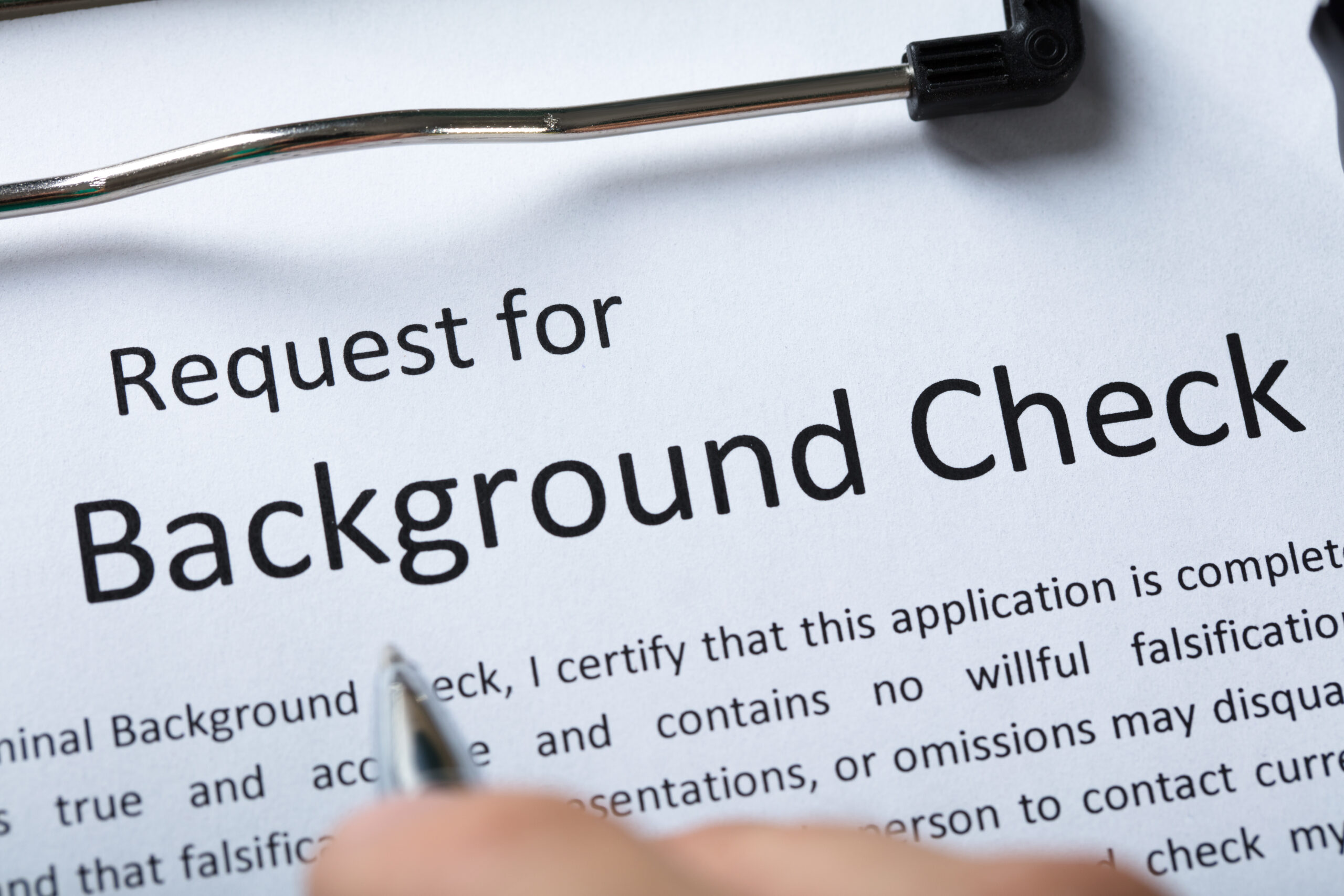How Background Checks Work
Do you need to conduct a background check on someone? Is someone conducting one on you? If so, you’re not alone. A recent study found that almost 80% of employers conduct criminal background checks on at least some job candidates. But what is the process for conducting a background check? This post will walk you through the step-by-step process of how background checks are conducted.
Gathering Information
When companies or individuals set out to do a background check, one of their first steps is to gather as much information about the person they’re checking up on. They may start with a simple Google search, which can turn up public records like criminal court filings, property ownership records, and news stories.
Background check companies also have access to databases that contain millions of pieces of information on people. These databases are compiled from public records, commercially available data, and information that’s submitted by the people themselves.
These databases can include everything from a person’s credit history to their driving record to whether they’ve ever been arrested. The more information a background check company has about a person, the easier it is for them to conduct a thorough check.
Conducting the Check
Once a background check company has gathered all of the information they can about a person, it’s time to start conducting the actual check.
The first step is to verify the person’s identity. This usually involves checking their Social Security number, date of birth, and other personal information. Once the background check company has verified that they have the correct information for the person they’re checking up on, they can start running searches against criminal, financial, and other public databases.
These searches can turn up a wide variety of information about a person. For example, someone who has been arrested may have a criminal record that shows up in the search results. Or, someone who has filed for bankruptcy may have financial records that show up in the search results.
It’s important to note that not all of the information that turns up in a background check will be accurate. That’s why it’s important for the background check company to verify the accuracy of the information before they report it to the person who requested the check.
Reporting the Results
Once a background check company has gathered all of the information about a person, they will compile it into a report and send it to the person who requested the check. The report will include everything from criminal to financial records.
It’s important to keep in mind that not all of the information in a background check report gives all the information. So, for example, if someone was arrested but never convicted, that arrest may show in a background check report but the person’s innocent verdict may not.
If you’re the one requesting the background check, it’s important to review the results carefully and make sure that you understand what they mean. If you have any questions about the report, don’t hesitate to ask the background check company for clarification. And if you’re the one being checked, it’s important to know what’s in your report so that you can explain any inaccuracies.
What Types of Checks Are There?
There are many different types of background checks, but the most common are criminal background checks, credit checks, and employment history checks.
Criminal background checks involve searching for criminal records in state and federal databases. Credit checks involve pulling a person’s credit report from one of the three major credit reporting agencies. Employment history checks involve contacting a person’s previous employers to verify their job title and dates of employment.
There are also less common types of background checks, such as education verification checks and professional license verification checks.
Conclusion
No matter which side of a background check you’re on, remember that this is just one tool that companies or individuals can use to get information about someone. Background checks are not perfect, and they should not be used as the sole basis for making decisions about someone. But if you do find yourself on either side of a background check, it’s important to know how they work and what you can do to ensure that the information in the report is accurate.

